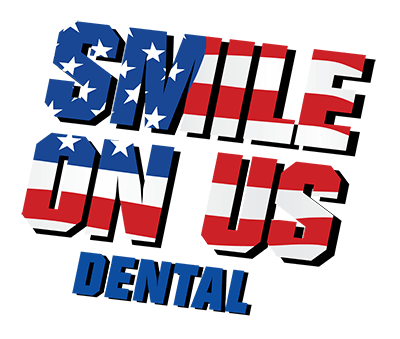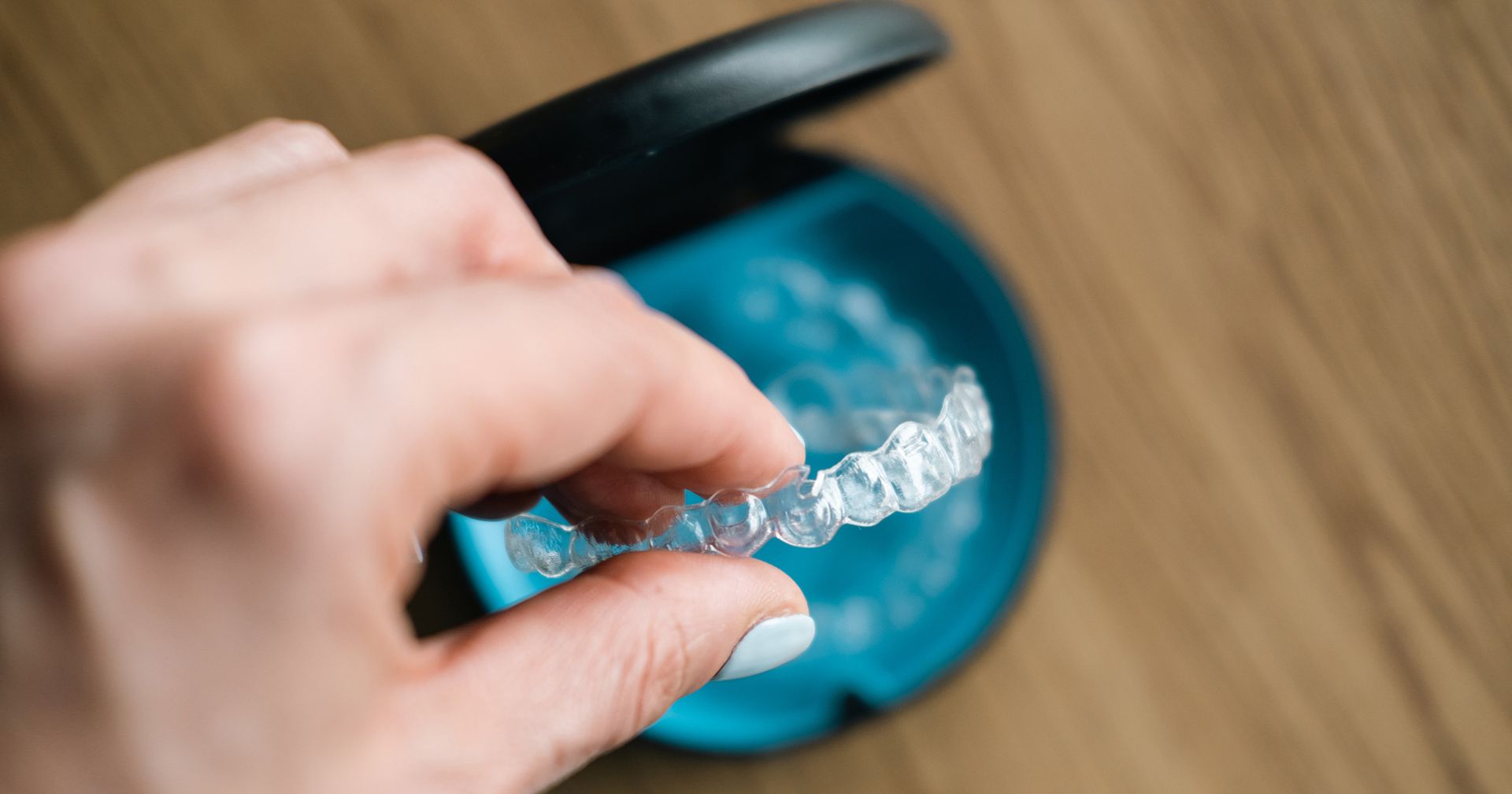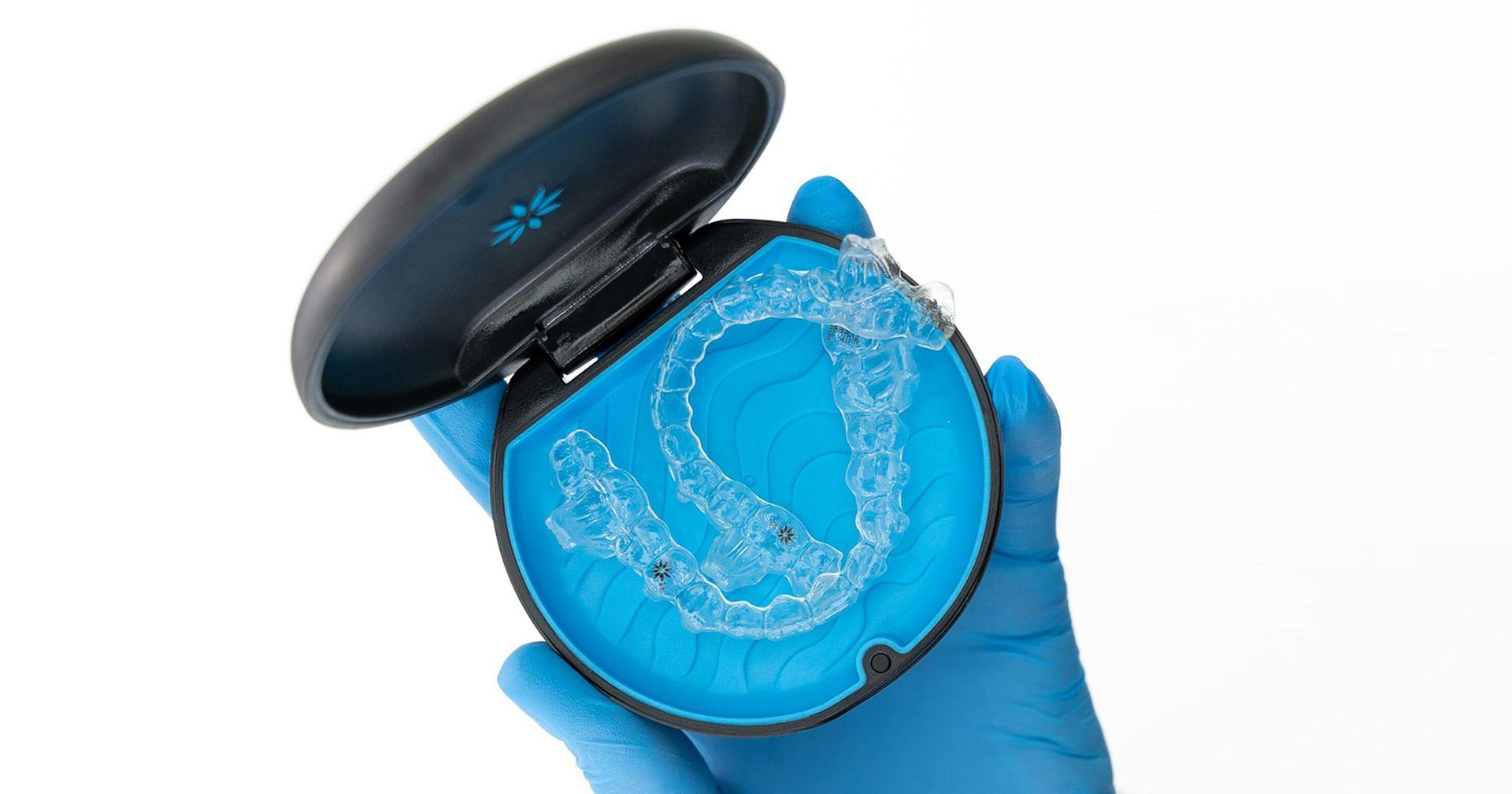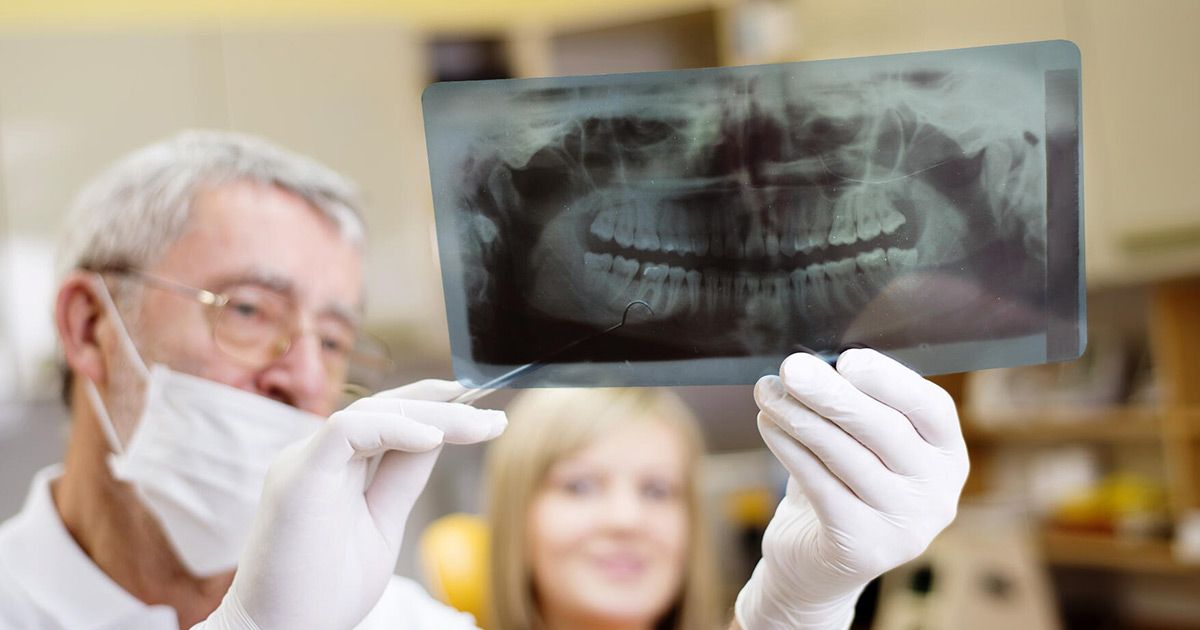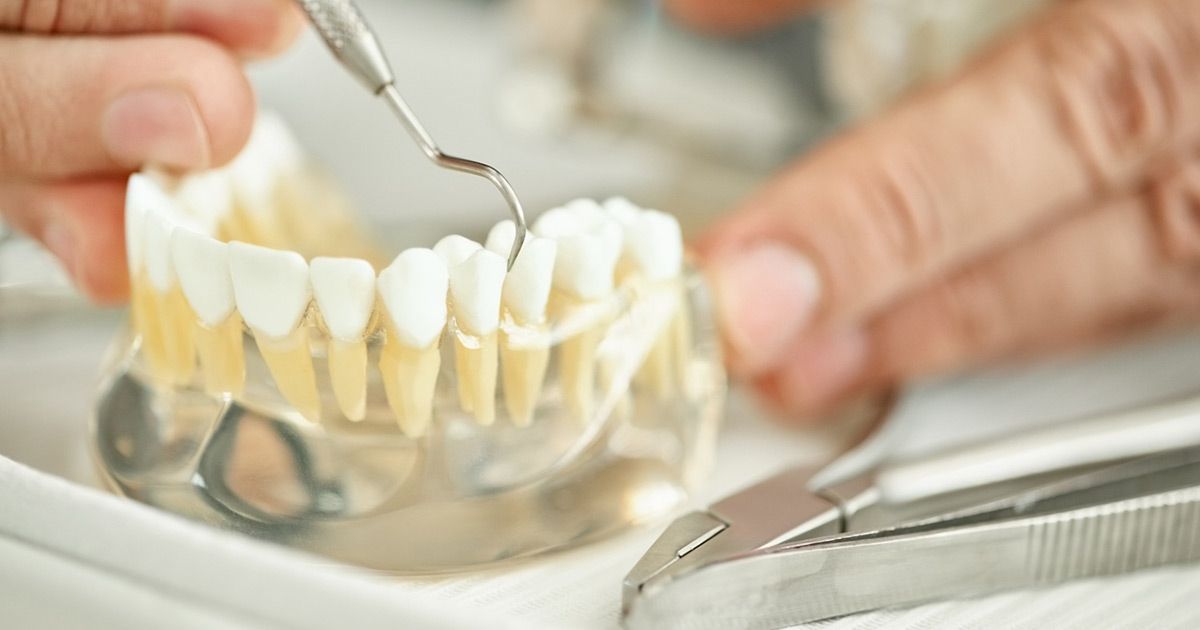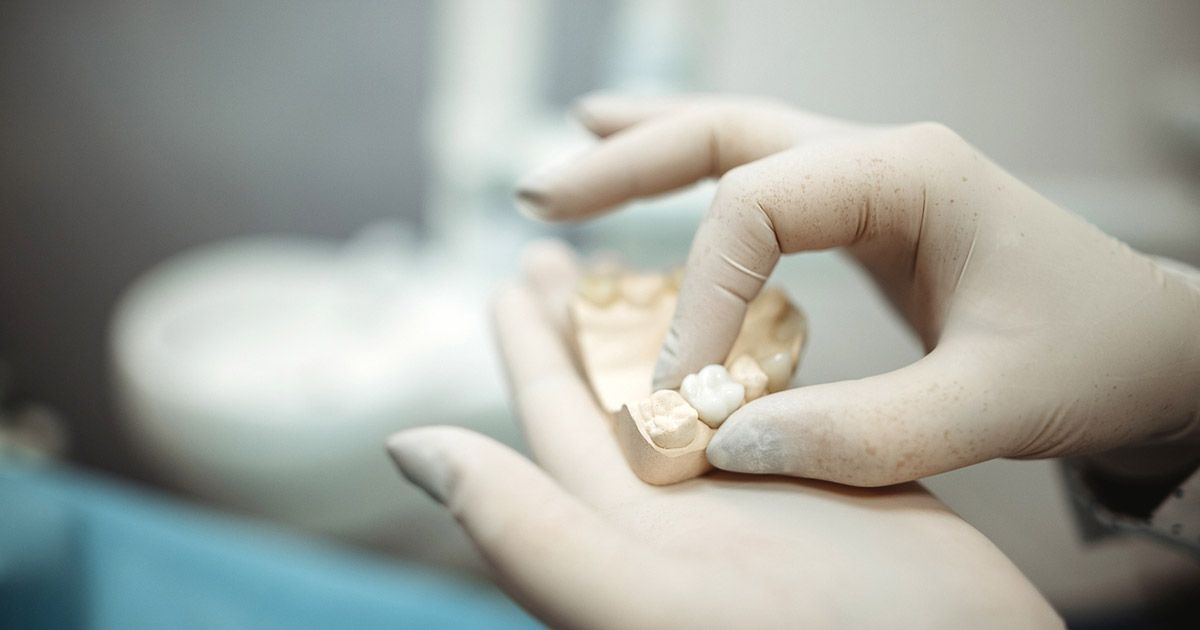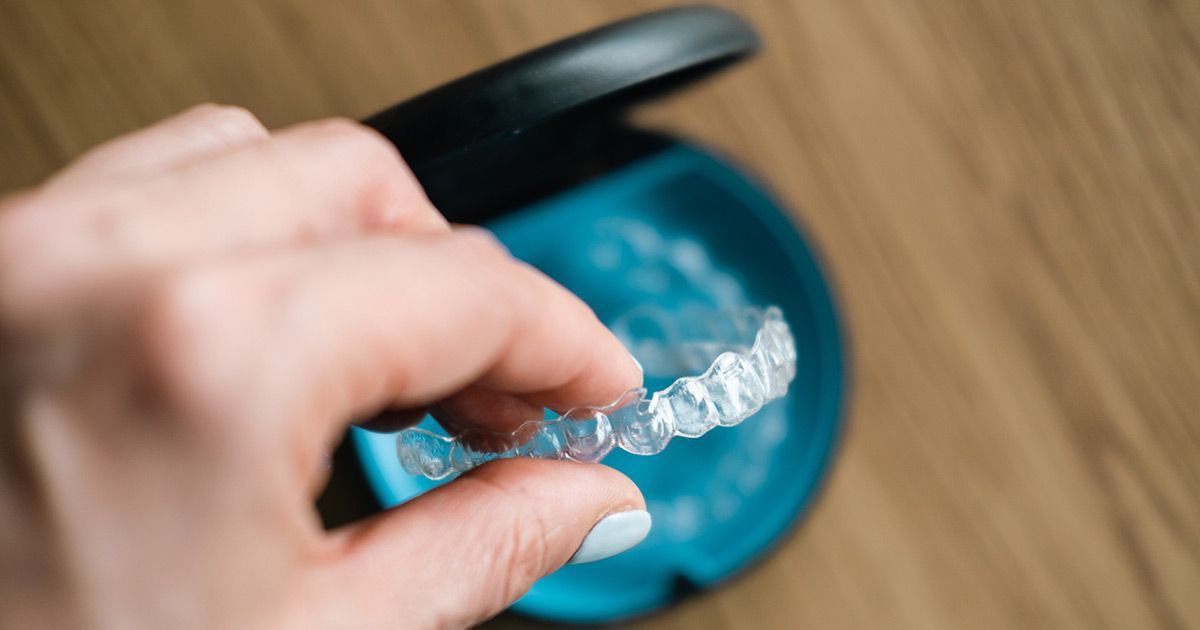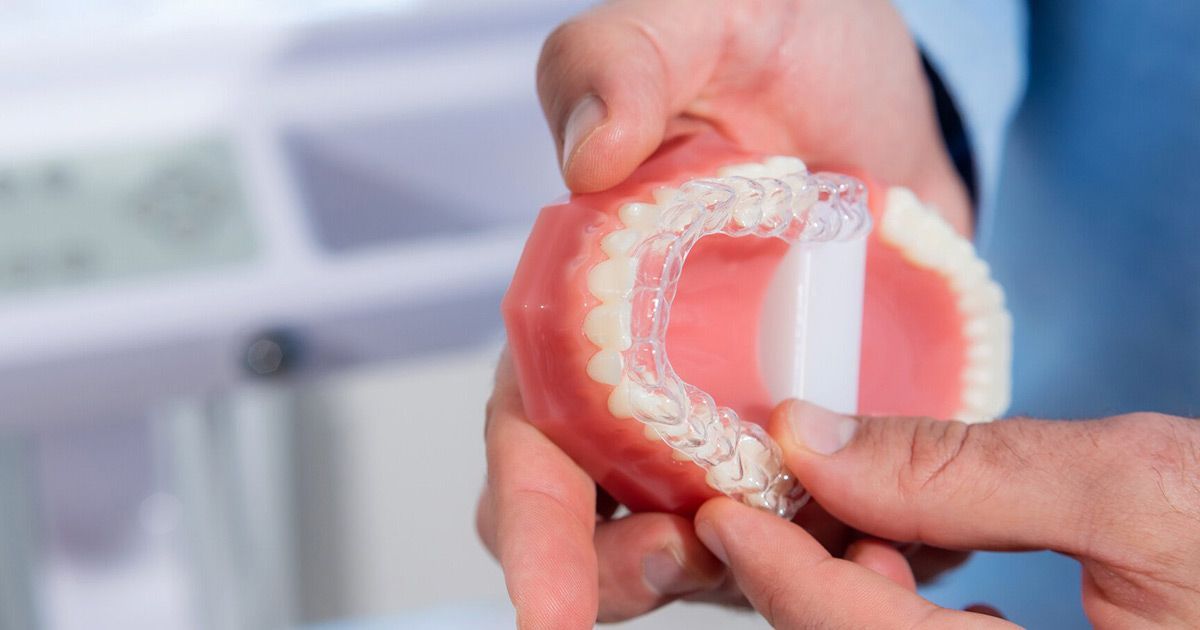New Patients Welcome
Open 7 Days a Week
Call Us Today (954) 923-7348
Dental Bridges vs. Dental Implants: Which Is the Right Choice for You?
Learn the differences between dental bridges vs implants. Find out which option suits you best. Explore the pros and cons now and make an informed choice.
Have you ever wondered what it would be like to bite into an apple without hesitation or smile in a photo without second thoughts? The quest for the perfect smile often leads to the pivotal choice between dental bridges vs. implants, two leading dental restoration options.
Each presents a unique pathway to restoring not only your smile but also your confidence. Whether you're contending with gaps left by missing teeth or looking for a long-term solution to dental woes, understanding these options is crucial.
This article lays out the pros, cons, and transformative potential of both treatments to guide you toward a decision that could dramatically enhance your quality of life.
What Are Dental Bridges?
A dental bridge consists of one or more artificial teeth that are anchored by crowns on the adjacent teeth. There are several types of dental bridges, including:
- Traditional bridges
- Cantilever bridges
- Maryland bonded bridges
- Implant-supported bridges
The procedure for getting a dental bridge typically involves two visits to the dentist. During the first visit, the dentist will prepare the abutment teeth by removing a portion of enamel to make room for the crowns.
Impressions of the teeth are then made to create a model for the bridge, pontic, and crowns. A temporary bridge is placed to protect the exposed teeth and gums while the permanent bridge is being made.
The second visit involves removing the temporary bridge and placing the new permanent bridge. The dentist will check the fit and make necessary adjustments to ensure comfort and proper bite alignment.
The common materials used in dental bridges include:
- Porcelain
- Ceramic
- Gold alloys
- Base metal alloys
What Are Dental Implants?
Dental implants are a popular and effective solution for replacing missing teeth. The process of dental implants involves surgically placing titanium posts into the jawbone. These posts act as roots for the artificial teeth.
Over time, the bone grows around the titanium, securing it firmly in place.
The dental implant procedure consists of several steps. The initial consultation involves assessing the patient's oral health and determining if they are a suitable candidate for implants.
The dentist will examine the jawbone to ensure it is thick enough to support the implant. If the bone is not sufficient, a bone graft may be required.
The next step is the implant surgery, where the titanium posts are inserted into the jawbone. This is followed by a healing period, usually several months that allows the bone to fuse with the implant in a process called osseointegration.
Once the implant has integrated with the bone, an abutment is placed on the post. This serves as a connector between the implant and the artificial tooth. The final step involves attaching the custom-made crown to the abutment.
Common materials used in dental implants include titanium and zirconia. Titanium is the most widely used due to its durability and compatibility with bone. Zirconia is an alternative for those with metal allergies.
Pros and Cons of Dental Bridges
Dental bridges offer several benefits as a dental restoration option. One significant advantage is that the procedure is less invasive compared to implants. The process does not involve surgery which makes it suitable for patients who may not be good candidates for surgical procedures.
Additionally, getting a dental bridge is generally quicker and often completed within a few weeks.
Another benefit of dental bridges is that they can restore functionality by allowing patients to chew and speak more effectively. Bridges can also help maintain the shape of the face by preventing remaining teeth from shifting out of position. This helps in preserving the patient's natural facial structure.
However, there are also drawbacks to consider. One downside is that dental bridges can potentially damage adjacent teeth. The process of preparing abutment teeth requires the removal of healthy tooth structure, which can weaken these teeth over time.
Furthermore, bridges have a shorter lifespan compared to implants, often needing replacement every 10 to 15 years.
Pros and Cons of Dental Implants
Dental implants are often regarded as one of the best dental treatments available for tooth replacement. One of the most significant advantages is their durability. Implants are designed to last a lifetime with proper care.
They also provide a stable and secure foundation for artificial teeth, allowing for a natural look and feel. Patients can eat, speak, and smile with confidence, knowing their implants are firmly in place.
Another benefit is that implants help prevent bone loss. When a tooth is lost, the jawbone begins to deteriorate due to lack of stimulation.
Implants mimic the natural tooth root by stimulating the bone and preventing further loss. This helps maintain the facial structure and prevents the sunken appearance that often accompanies tooth loss.
Despite their many benefits, dental implants also have drawbacks. The most notable is the cost, which is generally higher than other dental restoration options.
Additionally, the implant procedure is more invasive, involving surgery and a longer recovery period. This may not be suitable for all patients, especially those with certain health conditions or
insufficient bone structure.
Implant Versus Bridge: Factors to Consider
When deciding between a dental bridge and a dental implant, several factors come into play. Oral health is a primary consideration.
Patients with healthy gums and sufficient bone density may be better candidates for implants, while those with compromised oral health might opt for bridges. Budget is another important factor, as implants generally have a higher upfront cost compared to bridges.
Personal preferences also play a role. Some patients may prefer the permanence and durability of implants, while others may choose bridges for their quicker and less invasive procedure.
Dental Bridges vs. Implants: Make Your Decision with Confidence
Navigating the choice between dental bridges vs. implants can significantly impact your daily life and dental health. Dental bridges offer a swift and efficient solution for missing teeth, while implants provide a durable, lifelong option that preserves your jawbone and facial structure.
At Smile on Us, we prioritize your comfort and confidence by providing tailored consultations to help you make the best dental care choices. Our experienced team, led by Dr. Ilya Freyberg, is dedicated to ensuring that every patient leaves with a smile that mirrors their inner vitality. Contact us today and schedule your personalized dental consultation.
Languages Spoken
Office Hours
Locations We Serve
Smile On Us | All rights reserved.
